Your soap choice may be attracting mosquitoes to bite you. Studies reveal that a person’s natural body odor helps attract mosquitoes. A new study shows that the soap that you use could also be responsible for making mosquitoes bite you.
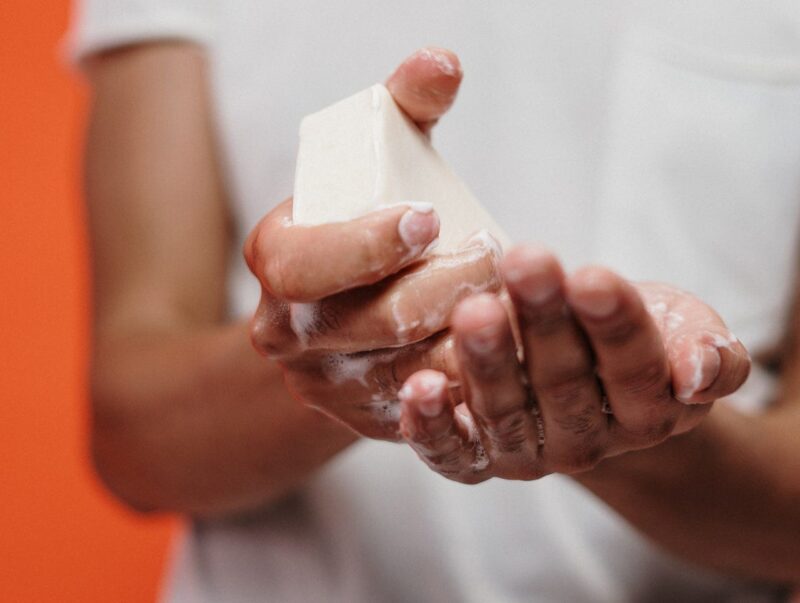
How Soaps Work
Research reveals that some soaps attract mosquitoes while others keep them away. The soap choice changes the scent profiles of those who used them. They add chemicals to the body. This causes different variations in the compounds that you produce and release.
The Floral Scents
There are studies that floral scents in one’s soap choice are more inviting to mosquitoes than other smells. Mosquitoes feed on nectar. That is why plant-mimicking or plant-derived smells in the soap choice can confuse a mosquito’s decision-making when it comes to how they eat. For the longest time, the scent of the soap choice has been ignored as a preference among mosquitoes.
Changing the current soap choice may increase or decrease one’s risk of being a blood source. Research shows that soap replaced some chemicals and removed others. These soaps interact with many of the chemicals in your body.
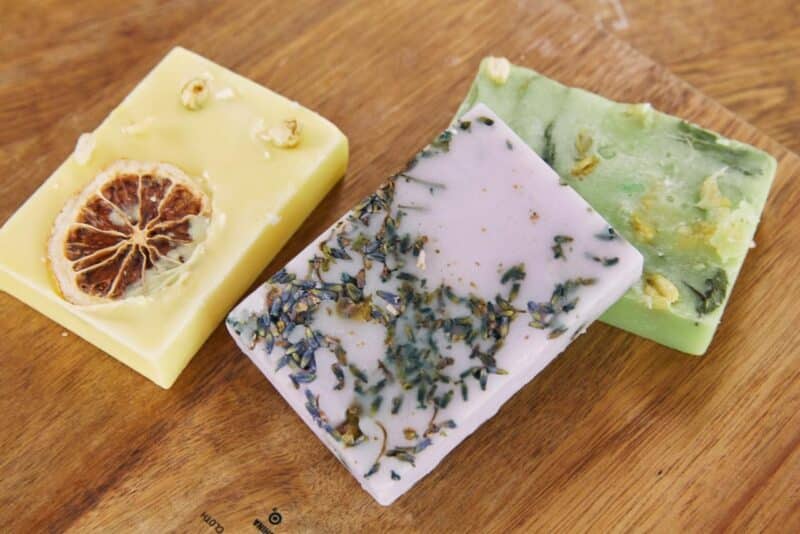
The Coconut-Scented Soaps
A floral or fruity soap choice increased one’s attractiveness to mosquitoes. If you choose coconut-scented soaps, you will not be very appetizing to these insects. Specific fatty acids in coconut oil derivatives may serve as a repellent for insects, such as mosquitoes. Many researchers have a sincere hope that their findings will inspire future efforts to develop more mosquito repellents to prevent attractants and bites.
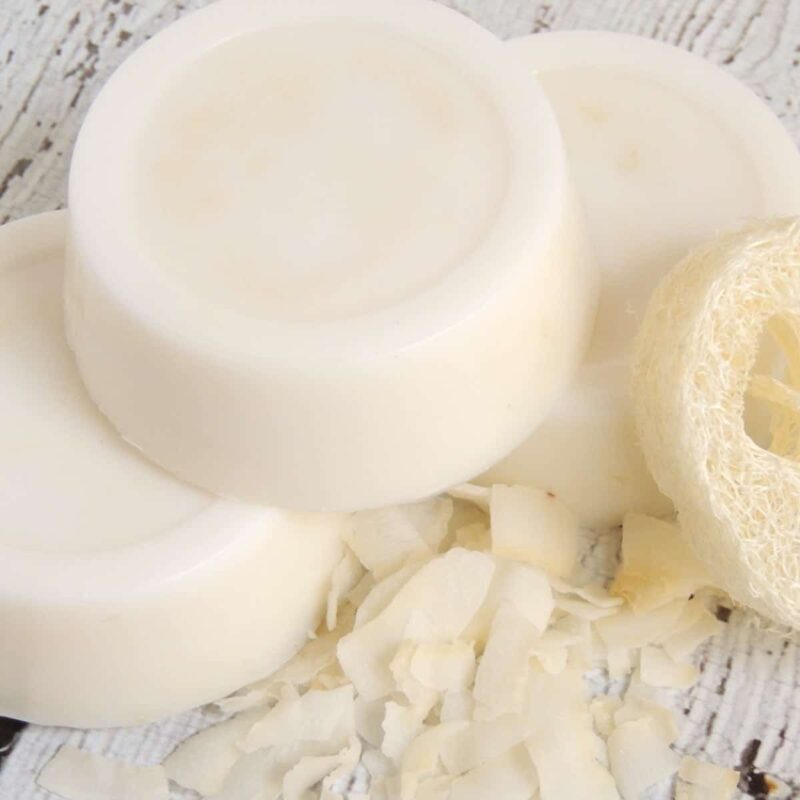
What Experts Say
Professionals who have been studying these soaps and the effects of these products on mosquitoes suggest that you should try different types of soaps to see which soap matches your natural odor. Scientists still need to determine which soap needs to be used while showering in the morning or evening.
But even if the coconut-based soap choice is unattractive to mosquitoes, scientists say that it is still not an ideal repellent. Many factors affect how mosquitoes bite. Long, warm days and the time one spends outdoors are a few of them.
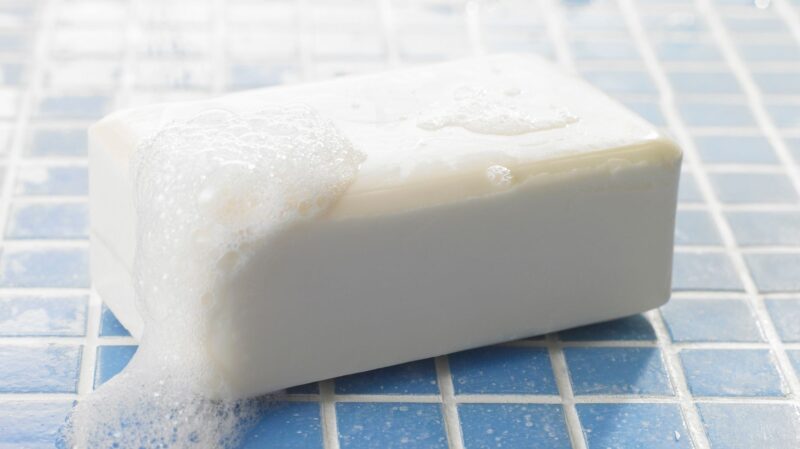
Mosquitoes keep biting people because of many intermodal cues. These include odor cues from your metabolism and skin microorganisms. The odors from the body’s metabolism, your clothes, and the carbon dioxide in your breath also attract or repel them.
Researchers encourage people to clean their surroundings and areas inside the house where water stands most of the time. Potted plants, old tires, buckets, and untreated swimming pools are common breeding areas. Wearing light-colored clothes, long pants, and long sleeves can help prevent bites. DEET-treated clothes can also keep off the mosquitoes, especially when you go camping, hiking, or trekking.
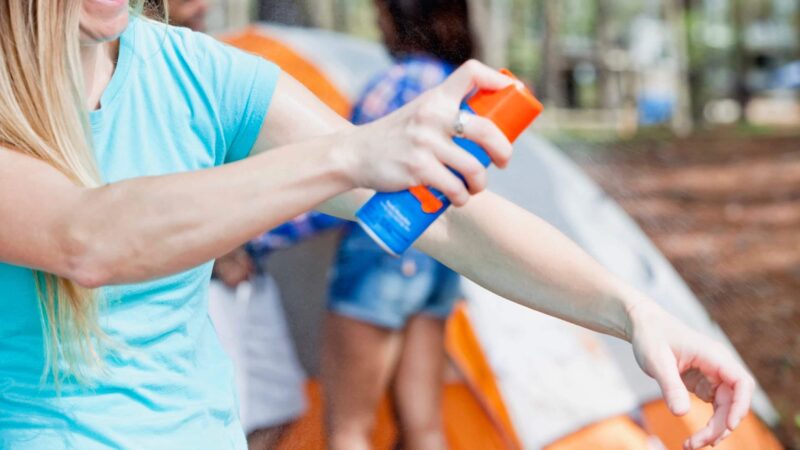
What’s Next
The latest studies about one’s soap choice and mosquito bites are now added to what scientists know about what attracts mosquitoes. The information also triggers possible avenues and questions for more research. Scientists may have analyzed all the soaps available but there was always a common ingredient in them—limonene. This component is the dominant scent that can repel mosquitoes. Even if limonene was present, most of the scented soaps still attracted mosquitoes.
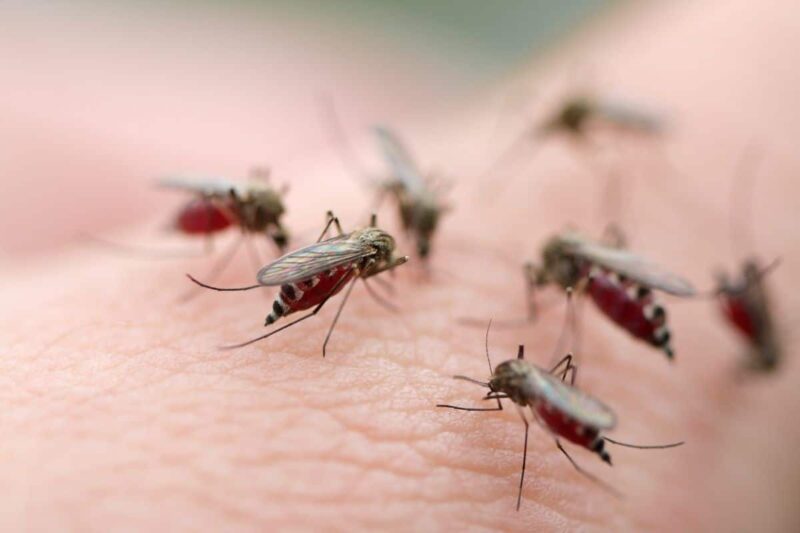
A soap choice can come in many shapes and forms. Knowing which one complements your natural body odor can help create a scent that can repel mosquitoes and other biting insects. Scientists say that this may take some experimentation and patience. Finding the right soap and using the right repellents can make you unappetizing to mosquitoes.